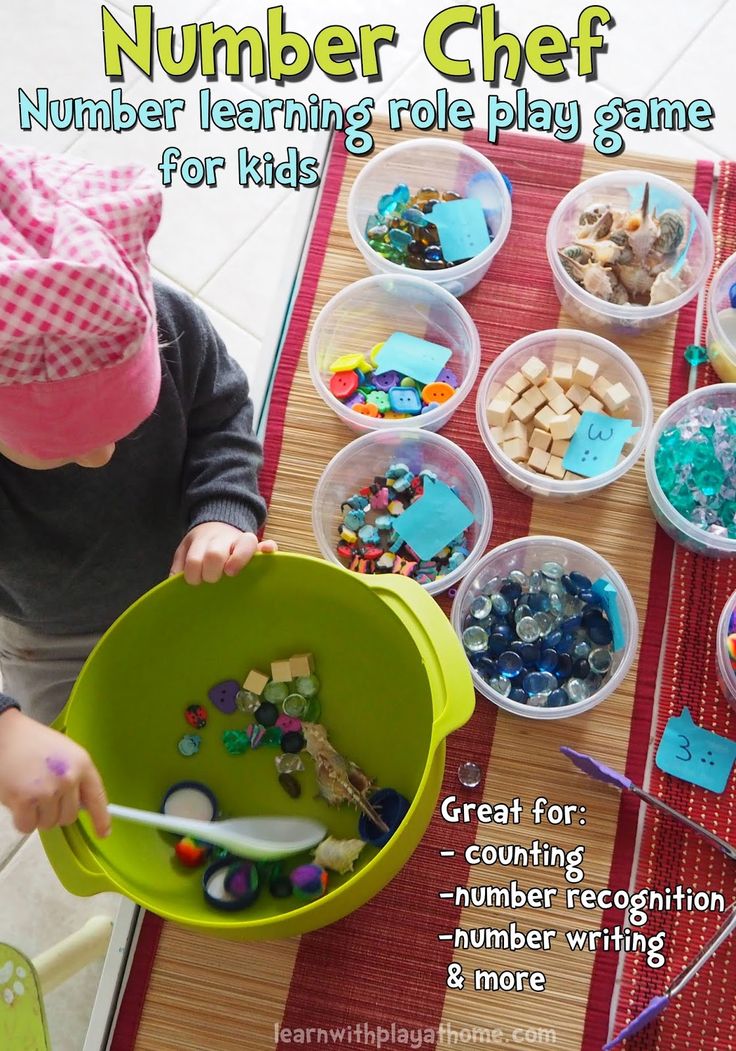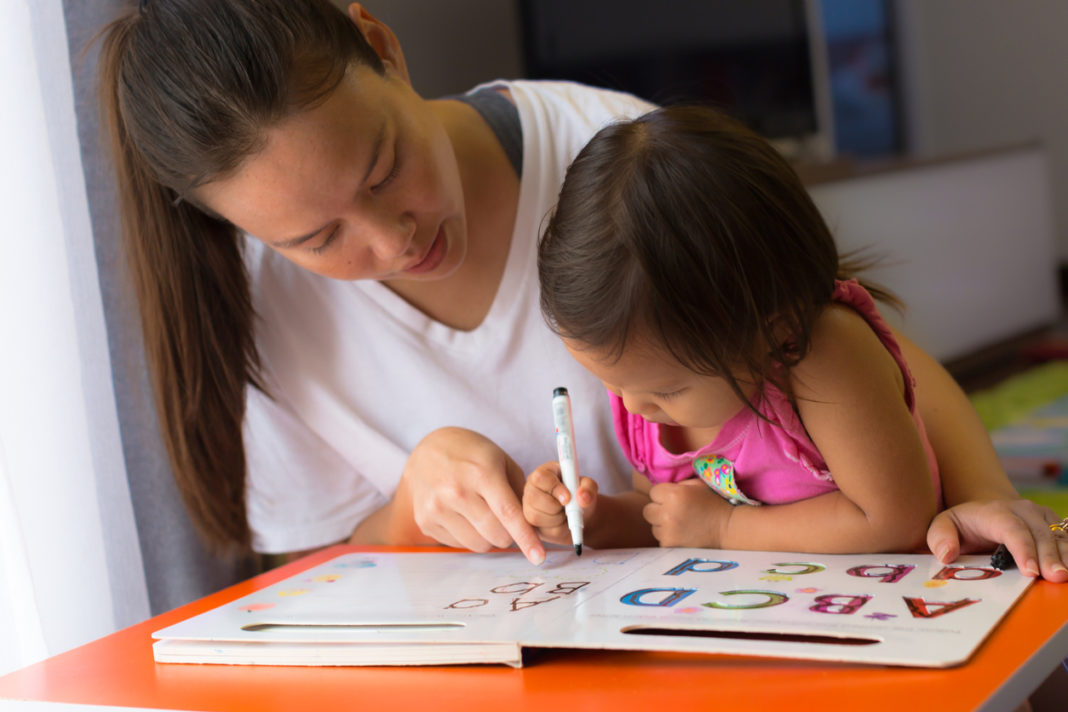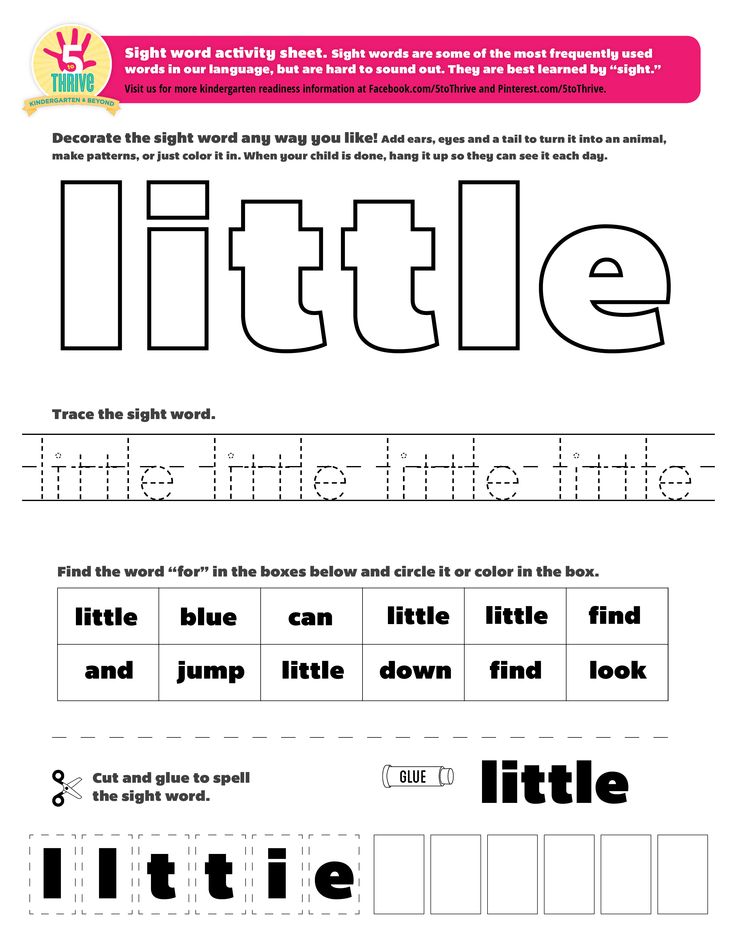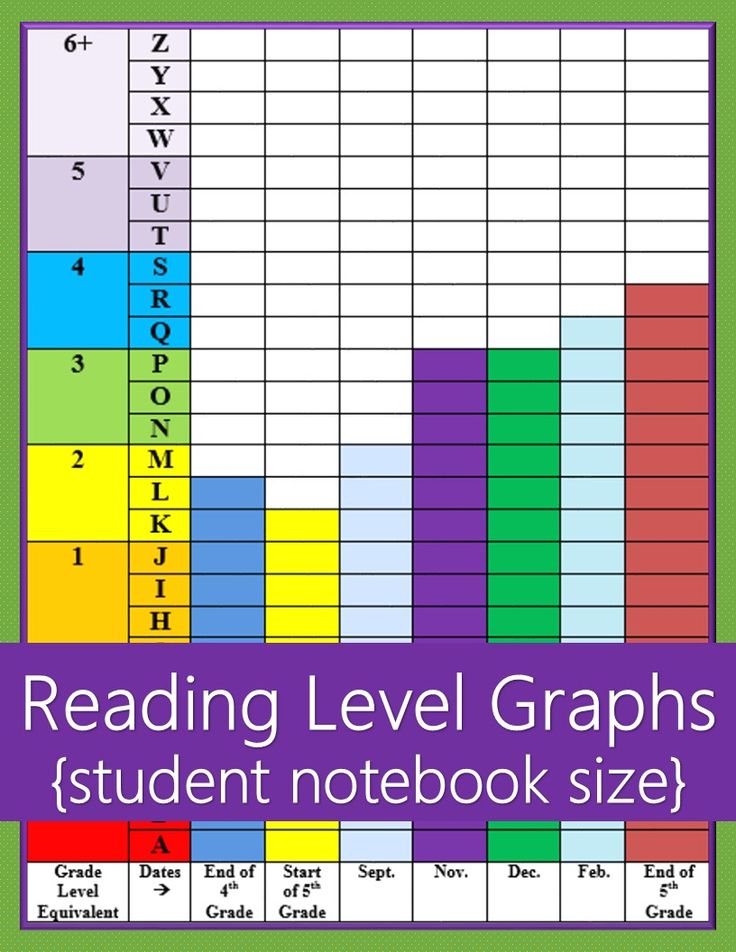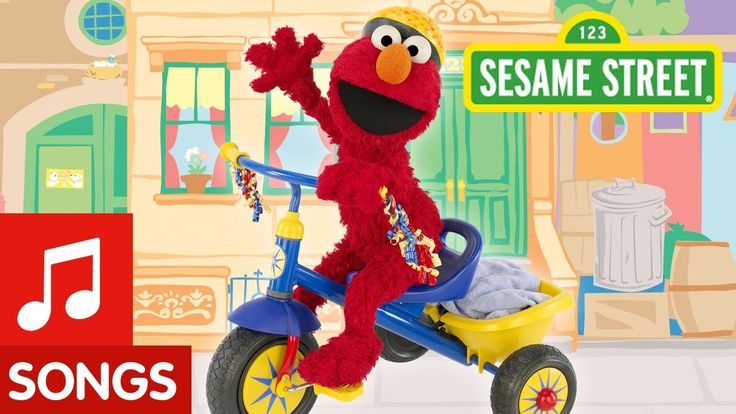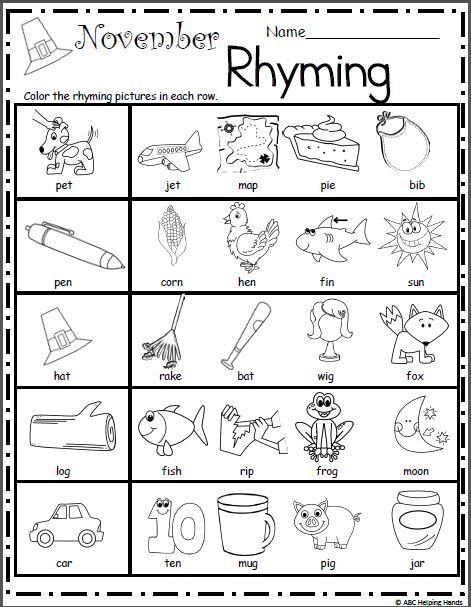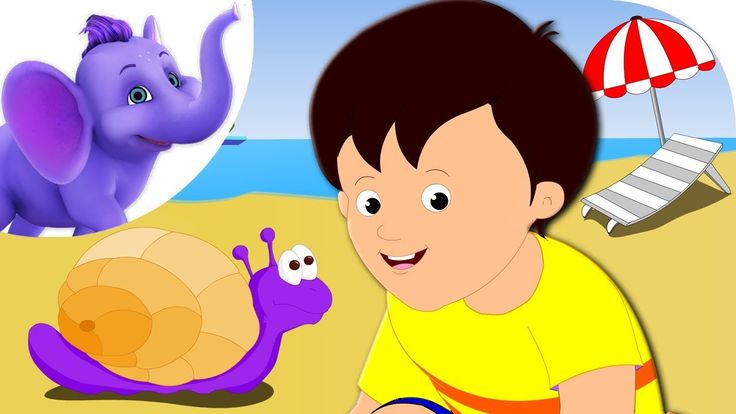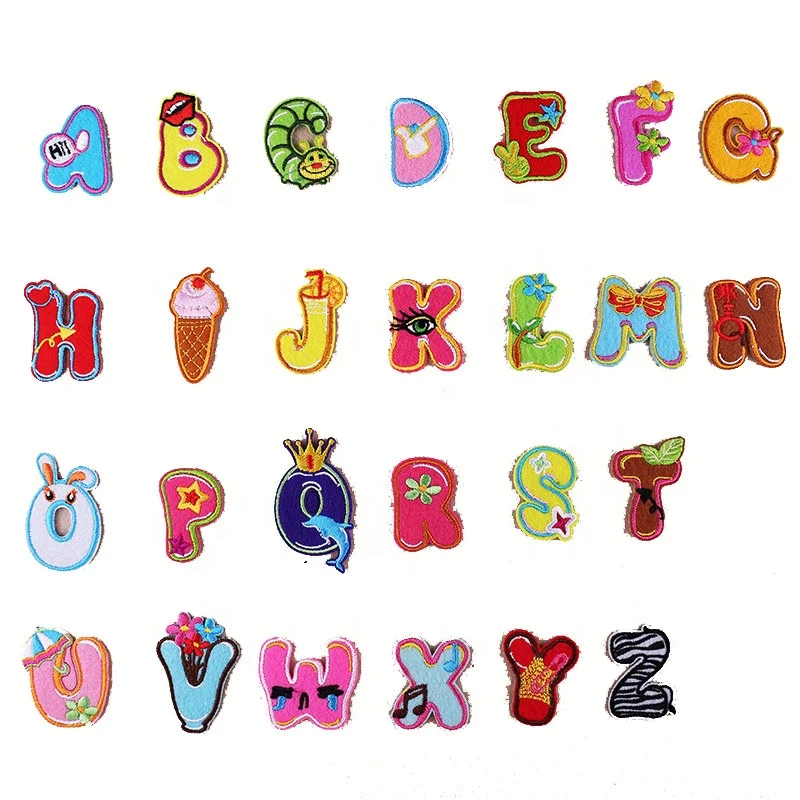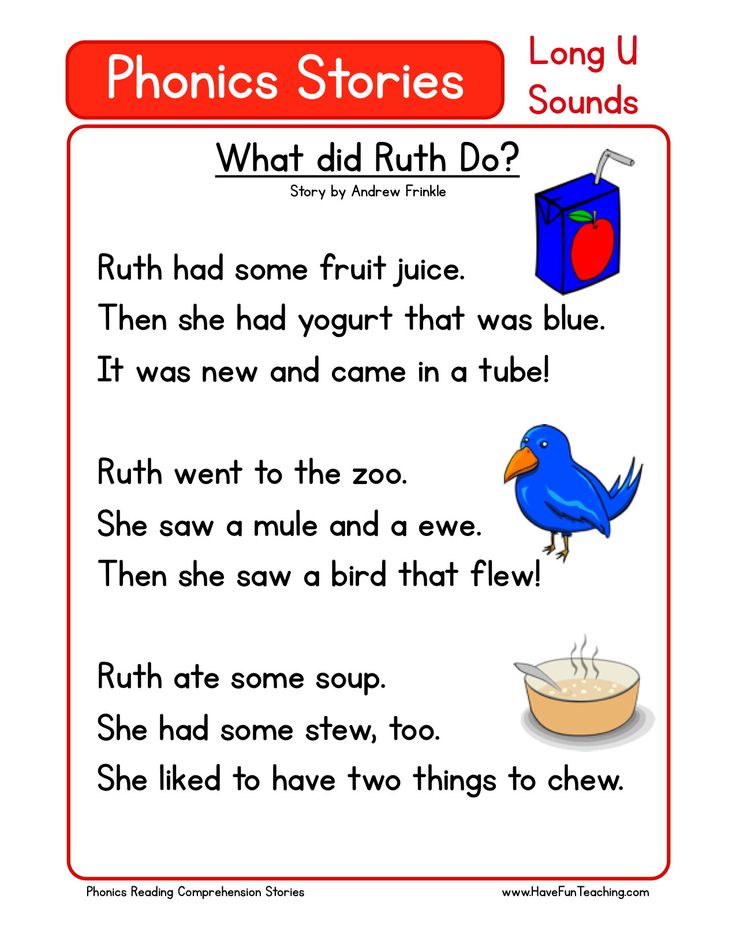Learn with fun activities
20+ Letter A Crafts & Activities for Preschoolers
Learning the letter A! Letter A learning Resources, alphabet recognition, phonics, activities and crafts for preschoolers. Learn to read, write and have fun with the letter A.
Let’s learn the letter A!
Yay for the Letter A!
Learning the alphabet is one of the most important skills that children learn in preschool and kindergarten. Knowing each letter can help build a strong foundation for students to learn to read.
So whether you want to teach your toddler the alphabet, trying to homeschool preschool, or trying to find kindergarten worksheets to complete at home, incorporating alphabet activities should be a high priority.
We’ve put together these free printable letter A worksheets and activities to help kids learn the letters in an engaging and fun way!
Letter A Song
The letter A plays an important part in the alphabet called a vowel. To understand better what sounds the letter a can make, here is the Letter A song:
Letter A Lesson Plan
A is for apple, avocado, and alligator! There are so many fun words that start with the letter A. Have your child begin the lesson by thinking about all the words they know that begin with A.
Make it a game!
- How many can they think of?
- Do they see anything around the house that starts with the Letter A?
- Do they have any friends or family members with a Letter A name?
Grab a box or bag and go on a Letter A scavenger hunt to see what items you can find around your house.
Letter and sound learning games are our favorite way to teach phonics to kids.
Letter A Crafts
Now it’s time for an alphabet craft! Crafts are a great way to get students engaged in the lesson because they are fun, and they will have something cool to show off when they are done.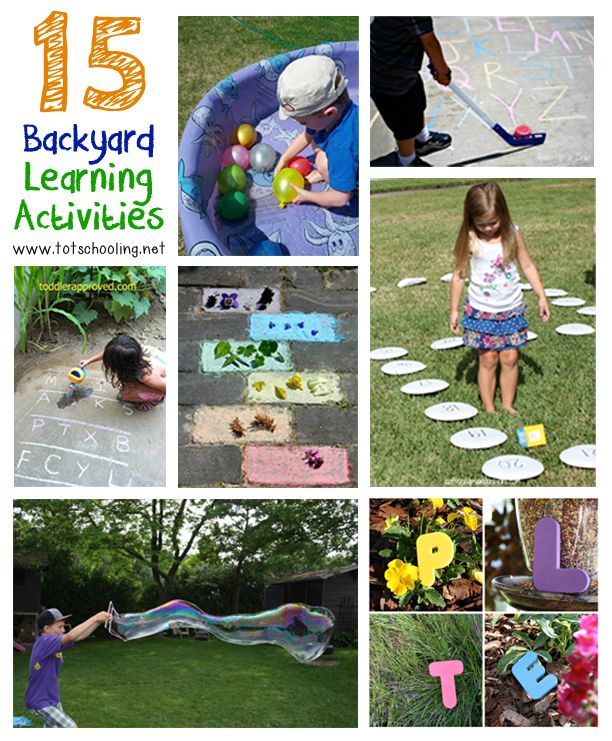
Our favorite letter A craft uses feathers a pipe cleaner and feathers to transform the letter into an angel with wings.
Let’s have fun with the Letter A!But don’t stop there! Here are a dozen letter A crafts for kids, including a fun sorting game and other activities.
Preschoolers can also learn to form letter shapes with pipe cleaners and noodles.
Bring kids into the kitchen with a simple a is for apple pie lesson (including a yummy recipe!)
Preschool Letter A Printable Worksheets
Printable Letter A handwriting pages help kids learn to form letters the correct way, which will improve handwriting and fine motor skills. You can print our free practice pages for your child to write with a pencil, or you can laminate it or place the page inside a dry erase pocket so they can be reused over and over again.
Our free Letter A Worksheets packet includes uppercase and lowercase tracing pages, coloring sheets, and phonics activities to teach students the sounds of words that begin with Letter A.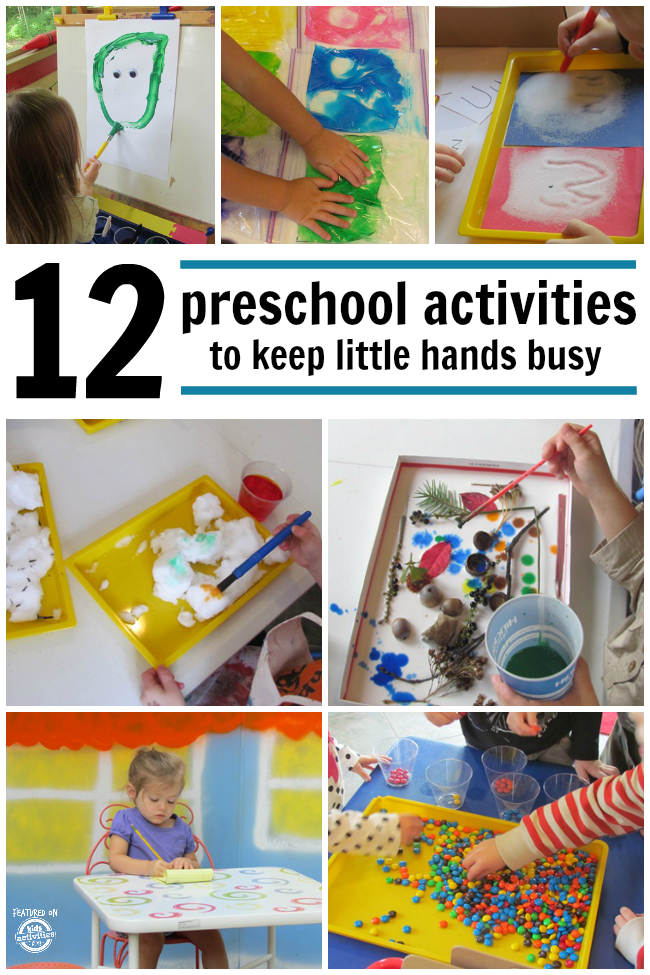
Follow the Letter A to find the end of the maze in with our free alphabet activity printable game.
Kids will have so much fun discovering the design with our letter recognition coloring pages.
Kids can practice writing the letter A in a variety of ways, including chalkboards, printable worksheets, and more!More Alphabet Learning Resources
Get your kids up and moving with our list of alphabet exercises for kids!
And here is a list of other fun ways to teach the alphabet.
Trace foam letters from the bathtub (hey, we all have ’em!) to make this fun alphabet game for kids.
Make an alphabet keepsake book to document your learn the letters journey!
Everything You Need To Teach The Letter A
20+ Letter E Crafts & Activities - Preschoolers Learn The Alphabet
Learning the letter E! Letter E learning Resources, alphabet recognition, phonics, activities and crafts for preschoolers. Learn to read, write and have fun with the letter E.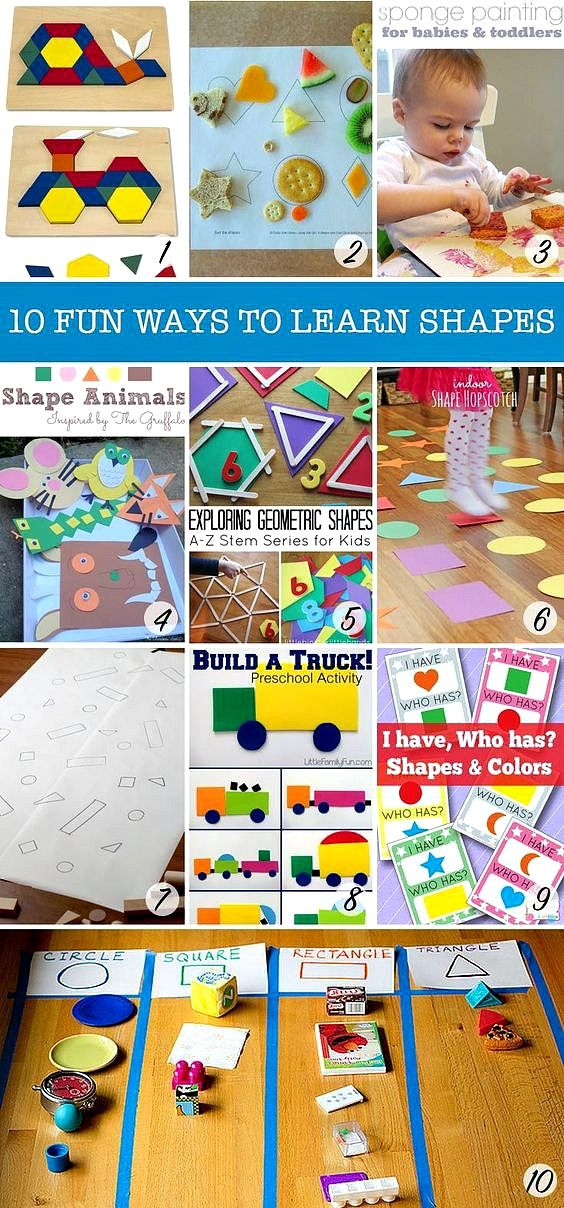
Let’s learn the letter E!
Yay for the Letter E!
There is no perfect method to teach the alphabet because kids learn in so many different ways. But what we can tell you is that making it fun works for all!
Children learn through play, exploration, reading and hands-on activities. There are songs, worksheets, games, apps, and more.
E is for elephant, for eagle and for exciting. This time, we are learning the letter E!
We have compiled a few ideas to make learning the alphabet fun for your kids. Let’s go!
Letter E Song
The letter E plays an important part in the alphabet called a vowel. To understand better what sounds the letter a can make, here is the Letter E song:
Letter E Lesson Plan
There are so many fun words that start with the letter E. Let’s warm up by asking your kid about all the words they know that begin with E.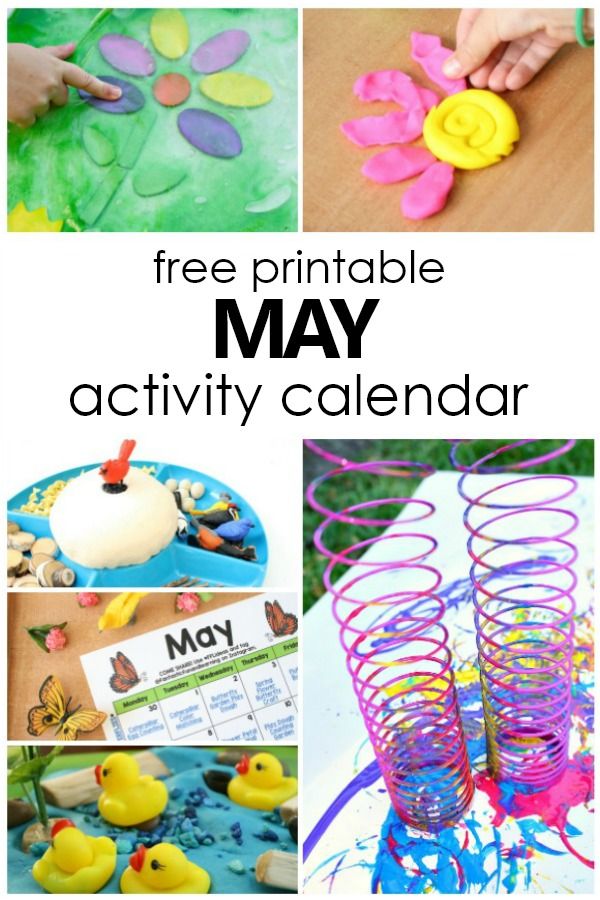
- How many words that start with E can they think of?
- Do they know any animals that start with E?
- Do they know foods that start with E?
Letter E Crafts
Make an Alphabet Book. Make your own alphabet book, from photos of family members or objects around the house, and large simple letters. They can read the book many times! Have them spell out the words for an added challenge.
You don’t need much to make learning the alphabet fun. Kids love using different materials to make crafts like this E is for Elephant craft! Use construction paper and googly eyes to make it cuter.Many animals start with the letter e: emu, eagle, and elk. But which one is gray, has floppy ears and a long trunk? Elephants! You can make our E is for Elephant craft with construction paper and googly eyes. Your kids will love it!
Put down the textbook to learn the letter E! Kids learn best when it’s through activities or crafts.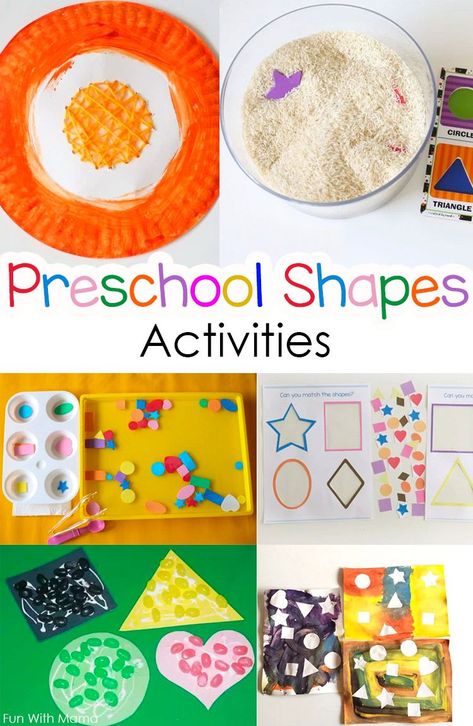
E is for egg, eyes, earth, and Elmo! How many words that start with the letter E do you know? We have over 10 different hands-on activities to continue learning the letter E!
Preschool Printable Letter E Worksheets
E is for Elephant! The Letter E worksheet is a perfect way to practice handwriting. Practice uppercase and lowercase E many times until your little ones have mastered it! Color in the elephant afterward (make your own crayons!)
We have 8 different worksheets, but don’t use them all at once! A couple of minutes each day of these Letter E Worksheets will be enough to keep your kid entertained and learning. Our worksheets include uppercase and lowercase tracing pages, coloring sheets, and phonics activities to teach students the sounds of words that begin with Letter E.
More Alphabet Learning Resources:
A timeless way to learn the letter E is by using colors! Color the letters to make learning the alphabet fun.Make an Alphabet Book. Make your own alphabet book, from photos of family members or objects around the house, and large simple letters.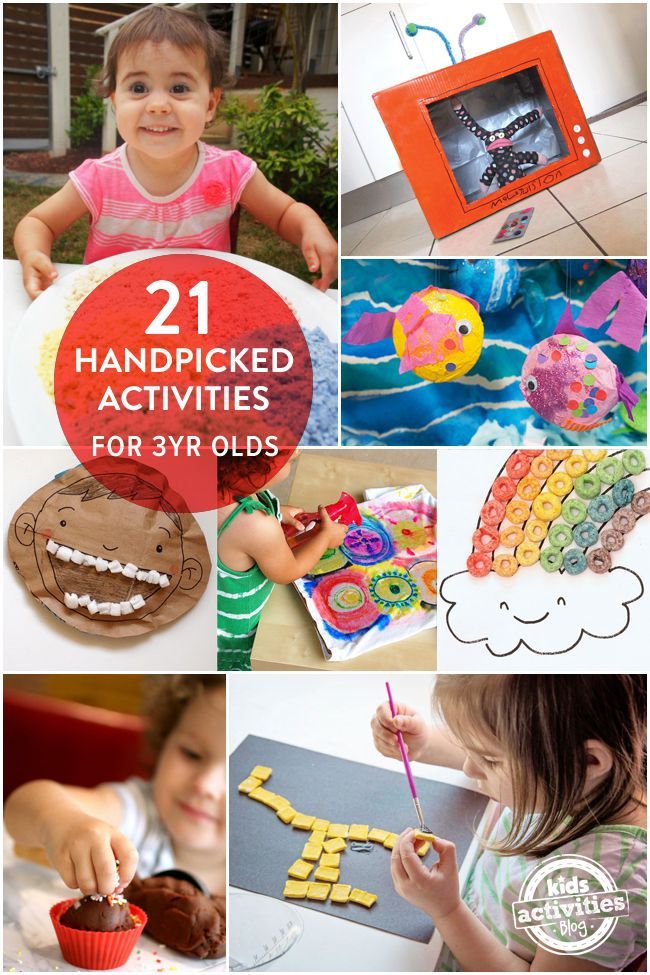 They can read the book many times! Have them spell out the words for an added challenge.
They can read the book many times! Have them spell out the words for an added challenge.
Why not make it delicious too? Get some yummy crackers and, literally, eat the alphabet with these Alphabet Crackers!
One of our favorite free activities is this Color by letters printable! Use them after your kids have done other hands-on activities and they can recognize the letters A, B, C, D, and E.
You can make physical fitness fun and educational to learn the letter E. All you need is an ABC puzzle and your imagination!It is important for all kids to move in order to stay healthy and fit. Get a nice little exercise routine in your learning time. Make physical fitness fun with alphabet exercise activities to keep your kids active!
Everything You Need To Teach the Letter E
5th grade online learning | Online school grade 5
at Home School "Internet Lesson"
Switching to distance learning is easy with the Home School "InternetUrok"! You can apply to one of our partner schools at any time of the year.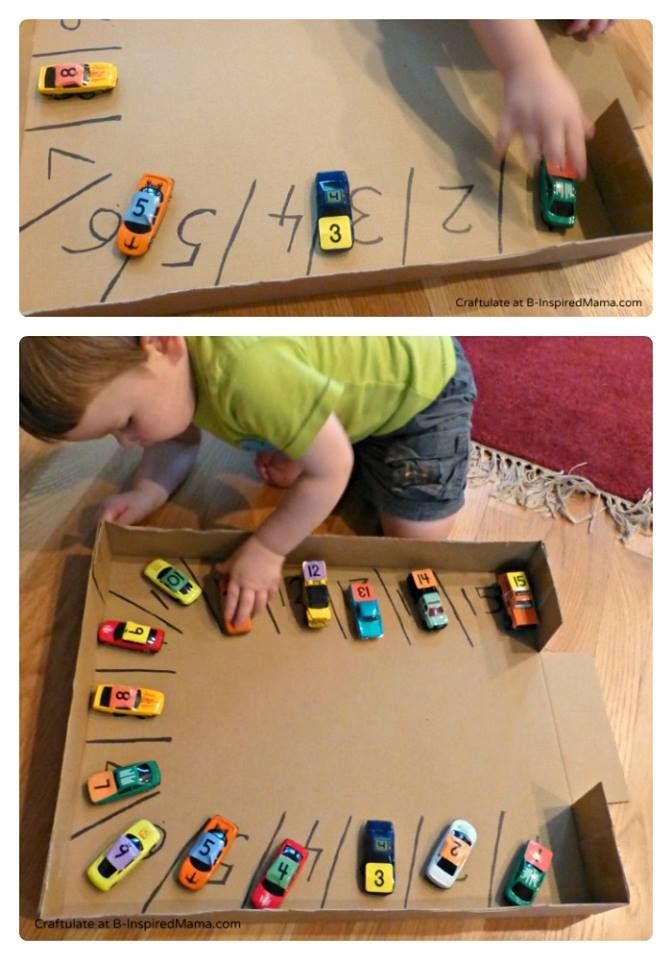
Home school "InternetUrok" allows you to study from anywhere and at any time , because all lessons are held remotely and without reference to the general schedule.
How is it going
learning process?
The standard schedule of the Internet Lesson Home School provides up to 3 lessons per day in the fifth grade . On average, a student needs about 4 hours of lessons per day to master the materials and do homework.
However, he can follow an individual schedule and master topics at a comfortable pace, study more or less material per day, and devote more time to favorite subjects. It is only important to complete tasks until the end of the corresponding quarter.
At the same time, the program fully complies with the Federal State Educational Standard of the Russian Federation and does not miss anything. This is possible due to the fact that the student is not distracted by classmates, and the teacher does not waste time discussing disciplinary issues.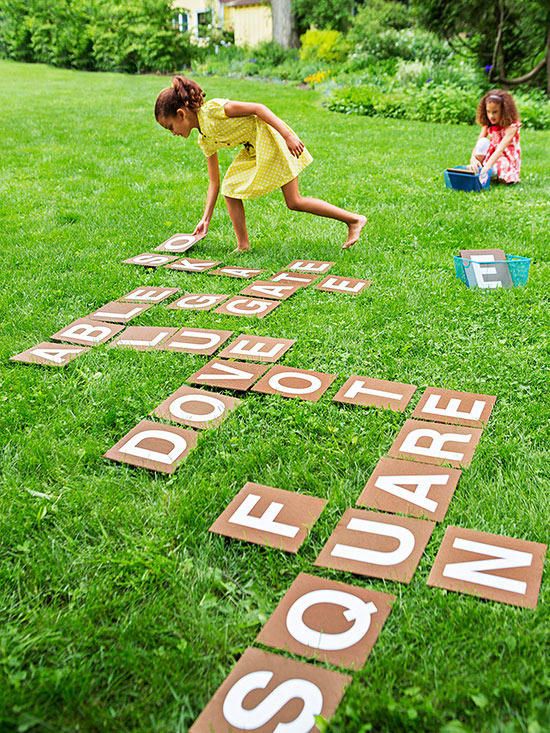 Study time is spent more productively, and knowledge is given in a more concentrated manner.
Study time is spent more productively, and knowledge is given in a more concentrated manner.
How each topic is studied:
View video tutorials
the student watches the video lesson and the recommended materials for it
Consultations with a teacher
the student watches the video of the consultation and, together with the parents, learns to ask questions to the teacher in an active chat
Individual chat with the teacher
you can ask a question in an individual chat with a teacher and get an answer within 15 minutes
Interactive simulators
you can work out the acquired knowledge on interactive simulators
Tests
interactive testing with automatic verification serves to test knowledge
Hometasks
independent implementation of various DZ
Feedback
teachers check homework, grade and leave detailed recommendations
What subjects are studied
in 5th grade
In accordance with the requirements of the Federal State Educational Standard, the following subjects are studied in grade 5:
Russian language
literature
mathematics
informatics
English
history
biology
geography
german language
ODNKR
ISO
music
technology
physical education
OBZH (optional)
Are parents involved in learning? However, everything here is very individual.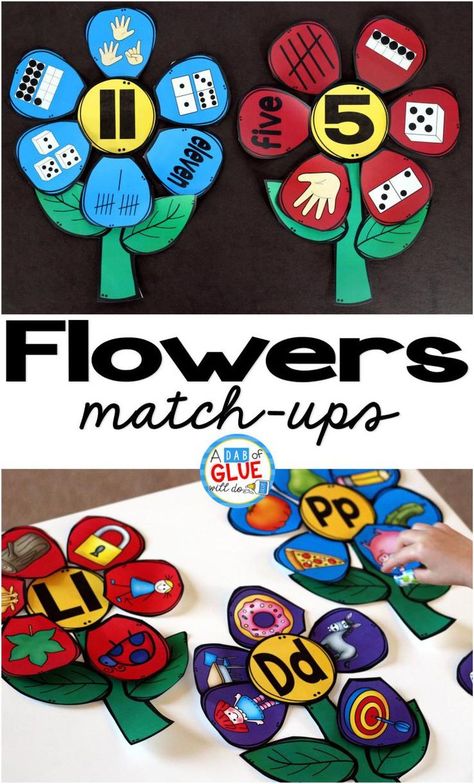 An unobtrusive prompt explanation of incomprehensible points can spur interest in learning. Support and control of the educational process at this age disciplines and does not allow numerous hobbies to lead to gaps in school knowledge.
An unobtrusive prompt explanation of incomprehensible points can spur interest in learning. Support and control of the educational process at this age disciplines and does not allow numerous hobbies to lead to gaps in school knowledge.
If you want to understand what your student is taught in the fifth grade and why it is useful, you can check out our lessons, which we have prepared especially for parents.
Q&A
How do consultations work and how do they differ from video tutorials?
The consultations are videos that explain in detail the points that cause the most questions. Consultations are a constructive addition to video tutorials. They are formed on the basis of a deep analysis of the development of the topic by schoolchildren. At the same time, the student can ask questions to the teacher in the chat and get answers promptly.
How are physical education and music classes going?
Lessons in non-academic subjects, including physical education, music, fine arts and technology, are held once a quarter - remotely, like all other lessons.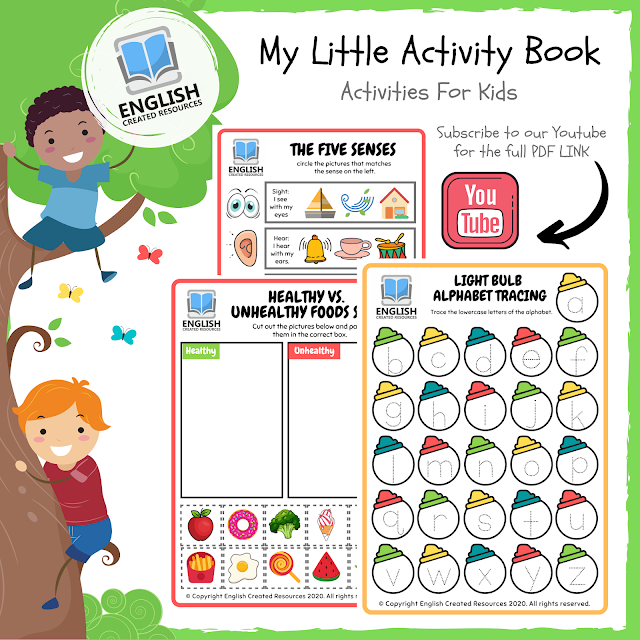 The task of the teacher is not to control every step of the student, but to instill interest and an individual approach to the subject, the desire to improve and lead a healthy lifestyle.
The task of the teacher is not to control every step of the student, but to instill interest and an individual approach to the subject, the desire to improve and lead a healthy lifestyle.
In physical education, the student records a video on which he performs the standards and uploads it for the teacher to check. Clear goals are set for the student, and their implementation is recorded.
If a child attends circles and sections, can he not complete homework in non-academic subjects?
Receipt of a certificate instead of completing a homework assignment is possible in some cases in the following subjects: physical education, music, fine arts, technology. Read more here.
If the student has an exemption from physical education, you must send a certificate to [email protected], and you will be provided with topics for written work.
How does the study of school subjects at the Internet Lesson Home School differ from their study at a regular school?
The standard schedule of the Internet Lesson Home School provides for 1-2 lessons per day, no more than 1 lesson per week for each subject.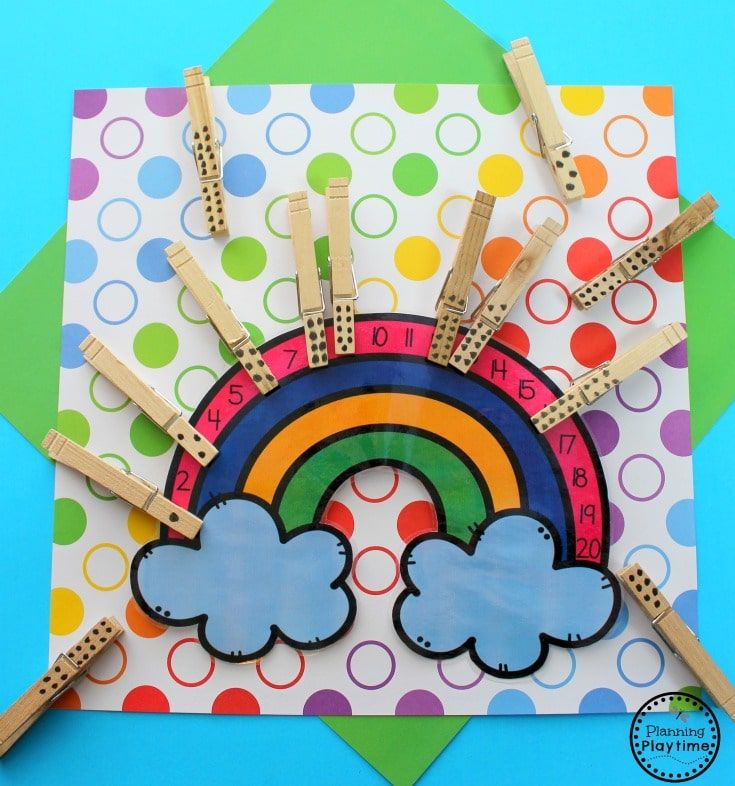 On average, a student needs about 3 hours of lessons per day to master the materials and do homework. At the same time, the program is fully consistent with the Federal State Educational Standard of the Russian Federation and does not miss anything. This is possible due to the fact that the student is not distracted by classmates, and the teacher does not waste time discussing disciplinary issues. Study time is spent more productively, and knowledge is given in a more concentrated manner.
On average, a student needs about 3 hours of lessons per day to master the materials and do homework. At the same time, the program is fully consistent with the Federal State Educational Standard of the Russian Federation and does not miss anything. This is possible due to the fact that the student is not distracted by classmates, and the teacher does not waste time discussing disciplinary issues. Study time is spent more productively, and knowledge is given in a more concentrated manner.
Why do you need a mentor? Does it replace the participation of parents in the educational process?
The mentor does not replace the parents in the learning process, but helps the student to effectively build classes. A mentor can be a senior friend and helper. He instills in the student the skills of self-organization, perseverance and commitment, and provides parents with an accurate analysis of their success in mastering the school curriculum with recommendations on what to pay attention to in the first place.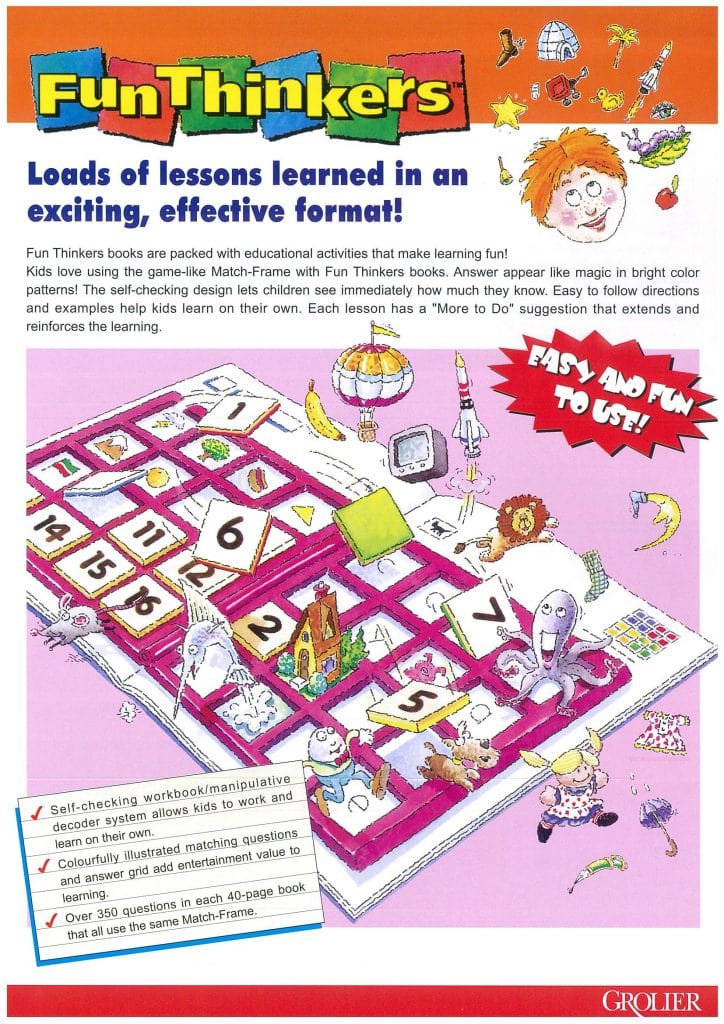 More details - see here.
More details - see here.
How to move to the next class?
To move to the next grade, a fifth grade student of the Internet Lesson Home School must complete the minimum number of homework assignments for certification in each quarter in each subject. Works that are part of the mandatory minimum are marked in the homework section with the phrase: “Important! Completion of this work is mandatory for the final grade for the quarter. Compulsory homework assignments are additionally highlighted in journals and in the schedule with an exclamation point.
Is a student's file kept?
Any student who has a personal file with information about his progress in the previous educational institution and a mark of transfer to the 5th grade can take the fifth grade program at the Internet Lesson Home School in the “With enrollment” format. In the absence of a personal file or the required mark in it, the situation with enrollment is considered individually.
When studying at the Home School "Internet Lesson" in the "With enrollment" format, the student's personal file is marked with marks on his progress, and after completing the program for the 5th grade and successfully passing the certification - a mark on the transfer to the next class.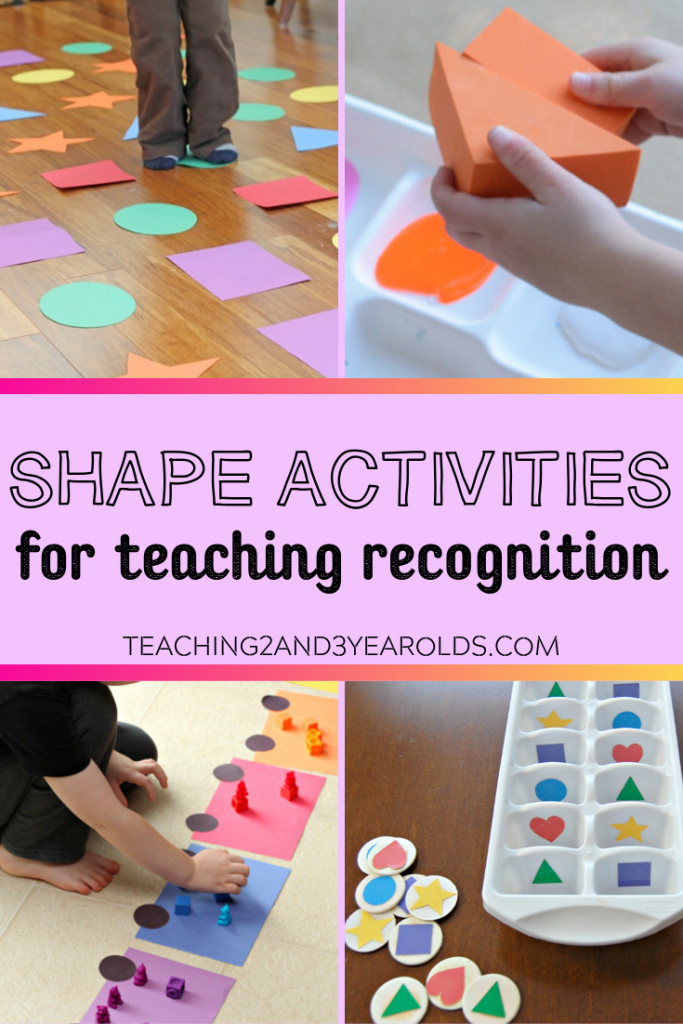 A personal file is maintained throughout the entire period of study.
A personal file is maintained throughout the entire period of study.
What textbooks do you need?
For a complete list of required textbooks, see the link.
Online learning makes it possible:
understand what subjects are most interesting for the child, how quickly he is able to absorb information and in what form he understands the subject better;
view lessons and videos of online consultations with a teacher several times as needed;
avoid getting up early every day, conflicts with teachers and classmates, wasting time on disciplinary questions and explanations for lagging behind;
decide on hobbies and conveniently allocate time for activities outside of school;
adapt to learning and new workloads without the stress of starting school;
choose an individual approach to learning, the most convenient for a first grader.
More than 19,000 students study with us
Our student Yurkov Danislav. We moved to the 5th grade after the 4th grade in the Internet lesson. As it turned out, for my son, studying at a regular school was a test for me, a parent. My son has a slight CP of 73 percent. In a regular school, he quickly got tired, but for a special school, he was too smart. :)) We study in the Internet lesson with my mother, but the retelling of literature has improved, English has gone and mathematics and German too. I am happy for my son and for his success. The child is happy. I'm thinking of sending my youngest son to study at a family education. The load is suitable in quiet mode. Guys, thank you very much for your project. We live in the suburbs.
We moved to the 5th grade after the 4th grade in the Internet lesson. As it turned out, for my son, studying at a regular school was a test for me, a parent. My son has a slight CP of 73 percent. In a regular school, he quickly got tired, but for a special school, he was too smart. :)) We study in the Internet lesson with my mother, but the retelling of literature has improved, English has gone and mathematics and German too. I am happy for my son and for his success. The child is happy. I'm thinking of sending my youngest son to study at a family education. The load is suitable in quiet mode. Guys, thank you very much for your project. We live in the suburbs.
My daughter is in 5th grade here for the first year. The changes in the child are obvious: she has become calmer, she definitely assimilates the material better, even in mathematics, although it seemed to me that this was not her at all, and in general she studies with pleasure and is very happy with her successes! The people around me, and in general everyone who is not too lazy, condemn, made me almost some kind of sectarian and pest.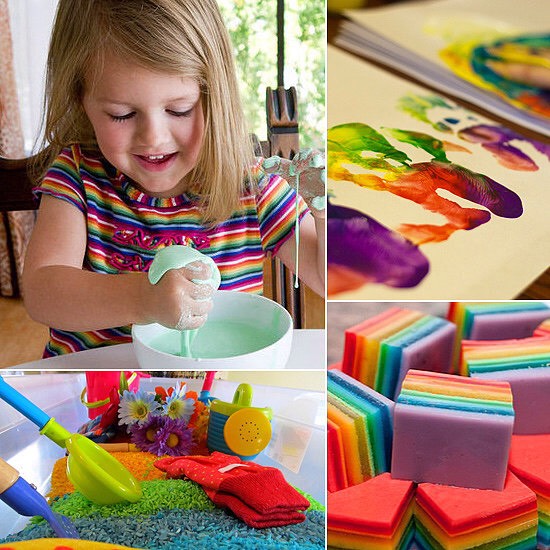 At first, she responded to attacks with attacks, but now she came to the conclusion that it’s too much honor to prove something to everyone, and she began to move away in principle from talking about school, changing the subject, the main thing is the child and his health !!! A huge thank you to the school for such a chance to learn with pleasure and gain knowledge! For 4 years of primary school, my daughter went through fire, water and copper pipes, her hair turned gray, and her eye is still twitching.
At first, she responded to attacks with attacks, but now she came to the conclusion that it’s too much honor to prove something to everyone, and she began to move away in principle from talking about school, changing the subject, the main thing is the child and his health !!! A huge thank you to the school for such a chance to learn with pleasure and gain knowledge! For 4 years of primary school, my daughter went through fire, water and copper pipes, her hair turned gray, and her eye is still twitching.
My son is now in the 5th grade in an online school online lesson. During the calendar year, he completed the 2nd, 3rd and 4th grade externally. Living in Israel for most of the year, the Internet lesson school provides a unique opportunity not to forget the Russian language, to keep up with Russian schoolchildren of our age, not to miss the school curriculum and, as a result, while studying abroad, get a Russian certificate.
We also left the 2nd quarter of the 5th grade, we thought for a long time, but nevertheless decided, the 1st month was very difficult, because The child is very slow, but the result is much better than at school, 1 time in a quarter there is not a single 3k, the child became more cheerful, cheerful, the music teacher noticed this, there were difficult relationships with classmates at school.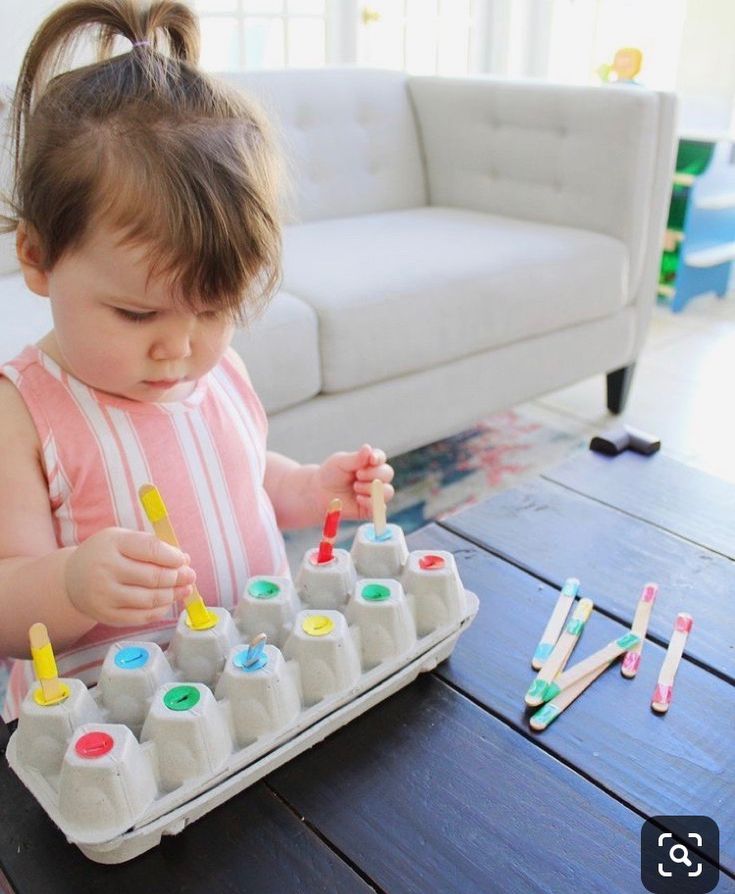 We are glad that there is such a format of training?
We are glad that there is such a format of training?
Studying in the summer: pros and cons
Many parents often insist that their child simply needs to continue studying in the summer. Some hope to pull up those items that are "lame" in the child. Others, in the hope of excellent studies, go through the next year's program in the summer.
Why?
Indeed. Why waste precious summer weeks on classes? Often, children perceive such a need with hostility - still, this is their legal vacation, and many schoolchildren want to live for three months for their own pleasure.
Students who do not have academic problems may not need regular summer classes. It is enough to confine oneself to reading books according to the program of the next year of study - and from September the child will be ready to take new school heights. But for the guys whose school success leaves much to be desired, it would be good to eliminate gaps in knowledge.
In order for summer classes to benefit the child, it is first of all important for parents to understand what exactly causes the student to fall behind.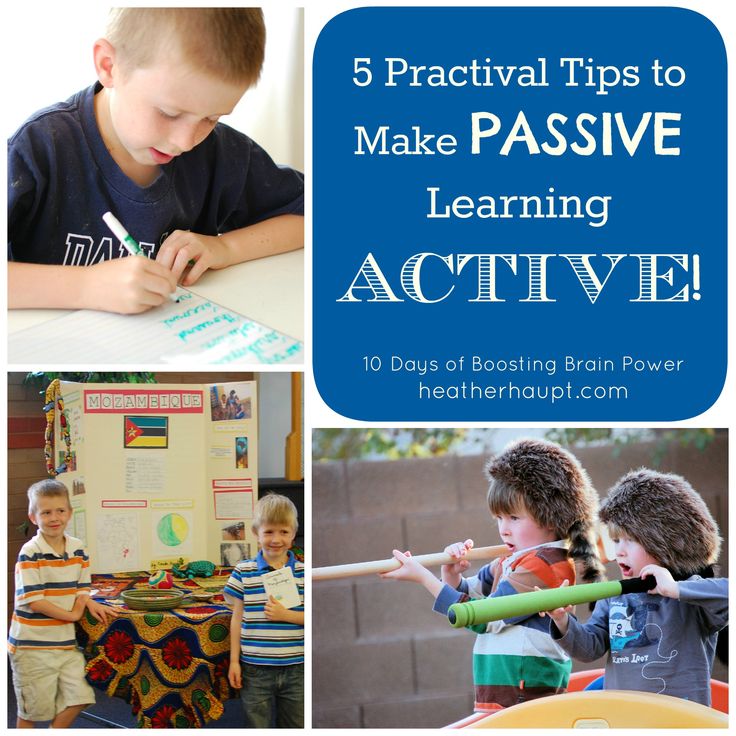 The reasons can vary, from physiological difficulties (poor memory, dyslexia, any trauma that interferes with successful studies) to psychological problems, such as conflicts with classmates and teachers.
The reasons can vary, from physiological difficulties (poor memory, dyslexia, any trauma that interferes with successful studies) to psychological problems, such as conflicts with classmates and teachers.
Having understood the situation, parents can remove obstacles to their child's education so that nothing will distract their son or daughter from school in the future.
Benefits
The most obvious benefit of a relaxed summer study is that the child will not only catch up and review the material covered during the year, but will also be able to prepare for the coming school year by becoming familiar with the main topics that will be covered in the next nine months.
It is not necessary (and even harmful) to undertake studies thoroughly. Summer should remain summer, so it's good if the student's vacation education takes no more than one or two hours a day. Perhaps the student is doing an excellent job with the Russian language, but his math is lame - then practicing mental counting or repeating the multiplication table will definitely bear fruit.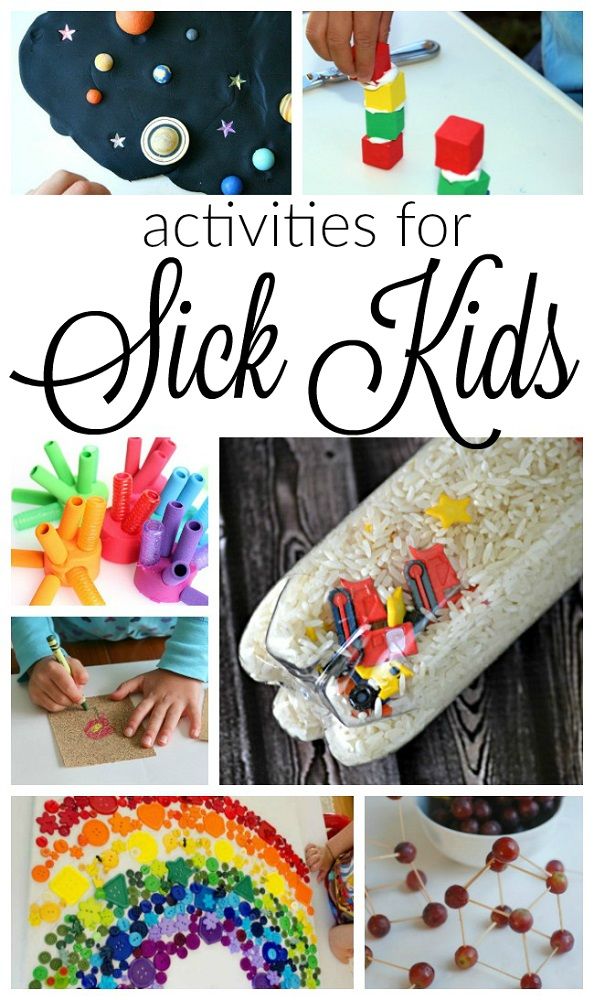 Such exercises take no more than fifteen minutes daily, but their regularity often guarantees a good result.
Such exercises take no more than fifteen minutes daily, but their regularity often guarantees a good result.
A similar approach can be applied to other school disciplines. A short exercise in Russian or a short sentence analysis in a notebook will allow you to keep your writing skills. And daily memorization of 3-5 words of English by the end of August will significantly increase the student's vocabulary. Lessons in biology, the world around us, physics, history can be made much brighter and more diverse - the Internet is replete with a variety of scientific channels, which means that a child can watch entertaining videos every day, not only replenishing knowledge, but also reinforcing previously learned information.
Of course, you should not neglect reading. In the digital age, many children (and even adults) do not realize the value and usefulness of this activity, believing that it takes time that could be spent on other things. In practice, it often turns out that the hours and minutes “saved” in this way are spent watching the feed on social networks or “hanging out” in front of the TV.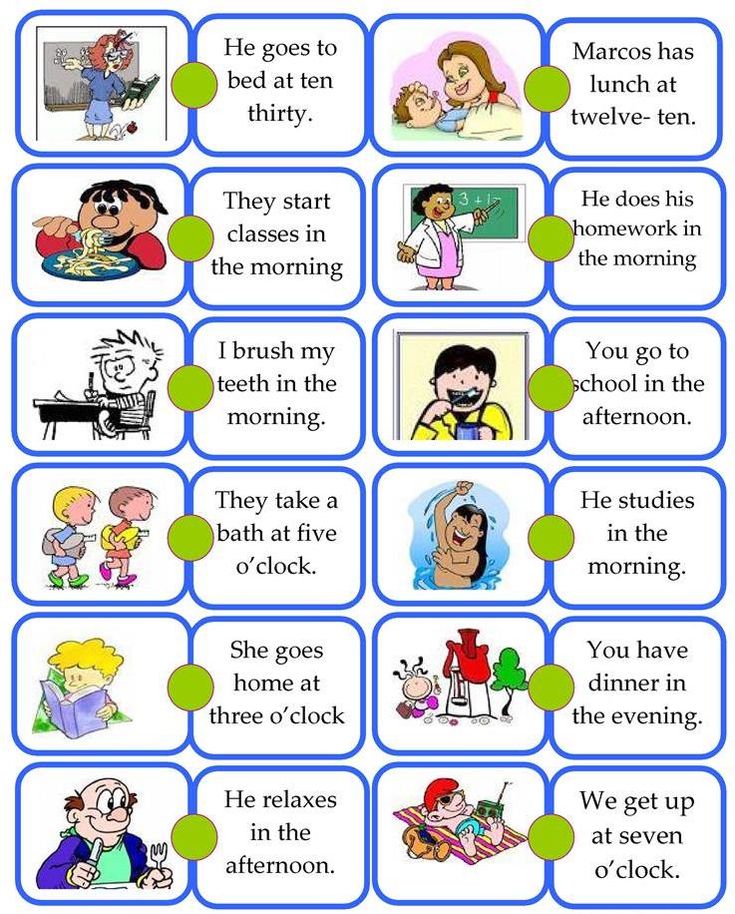
Much has already been said about the importance of devoting time to books. This is an acquaintance with the classics of literature, and broadening one's horizons, and the opportunity to immerse oneself in the world of a particular historical era or a particular social stratum. Many children resolutely refuse books, refusing a simple "I don't need it." Need! If a child subconsciously requires motivation for any effort (and reading implies a thought process - work for the brain), it is worth giving him this motivation. The argument “Then you will have to read less” will certainly work. And daily reading, at least fifteen to twenty minutes a day, will bring positive results. Let it be imperceptible to the student himself.
Short repetition lessons in mathematics and / or Russian, a little attention to English, daily reading - if parents manage to competently approach the educational process in the summer - they will bring a lot of benefits to the student and will allow them to prepare for the new school year without much effort, so that they can succeed in the future learn and keep up with the program.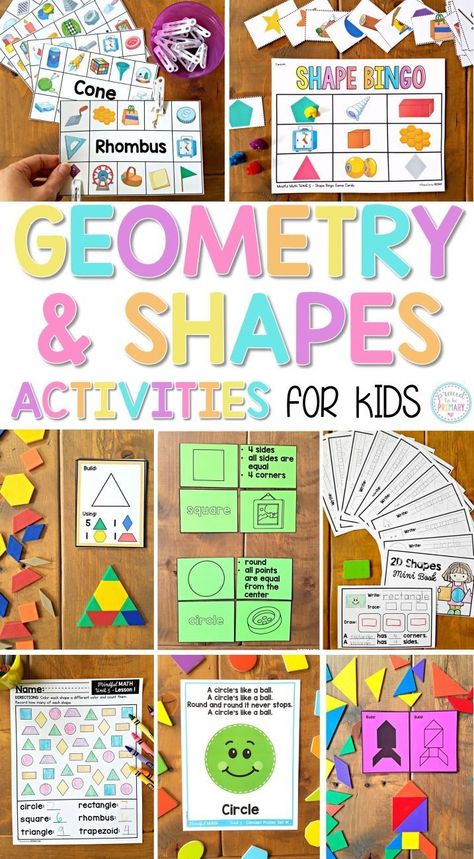
Harm
Can there be disadvantages to studying in the summer? They can. Sometimes parents, intending to organize their child's studies, completely forget that it's holidays, and the child, tired after nine months of intensive work, needs a simple rest.
Many fathers and mothers live according to the principle “the child must always be busy” and sincerely perceive the two-hour lying of their son or daughter on the couch as laziness and idleness, forgetting that any person, even such a small one, sometimes needs a little time for himself : to dream, to think, to know ourselves and to reflect on who they are and what place they occupy in this world.
There is nothing wrong with trying to keep a child busy during the holidays. But often adults, drawing up a plan for schoolchildren in the summer, go too far, trying to embrace the immensity. And now, to the unloved Russian, two math problems, a paragraph on history, a small dialogue in English and an obligatory hour of playing the piano are added, “so as not to lose the skill.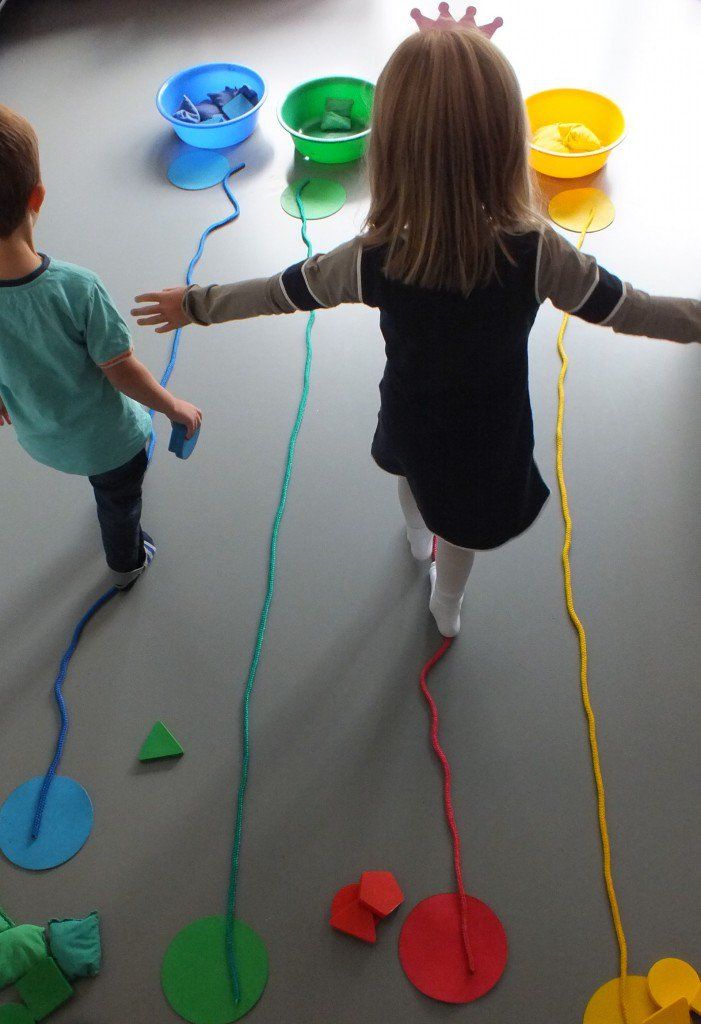 ” Given the speed of the student's independent work, such a preparation plan for September can turn into a daily five-hour work. And in contrast - the beautiful weather and yard friends, whom parents do not load like that. As a result, we will get a tired, embittered child, who, quite possibly, will show brilliant results in the upcoming school year, but as a bonus will acquire a persistent aversion to learning and, probably, a nervous breakdown.
” Given the speed of the student's independent work, such a preparation plan for September can turn into a daily five-hour work. And in contrast - the beautiful weather and yard friends, whom parents do not load like that. As a result, we will get a tired, embittered child, who, quite possibly, will show brilliant results in the upcoming school year, but as a bonus will acquire a persistent aversion to learning and, probably, a nervous breakdown.
The key point here is that a little practice in the summer will not hurt, but quite the contrary. But do not turn study into an end in itself, otherwise negative results will not keep you waiting.
Advice to parents
On the eve of summer holidays, parents ask themselves the question: how to organize summer classes for their child so that the student does not get tired and at the same time improves his knowledge a little? Here are some tips:
Don't force it. If a child is categorically against summer lessons, he should not be forced.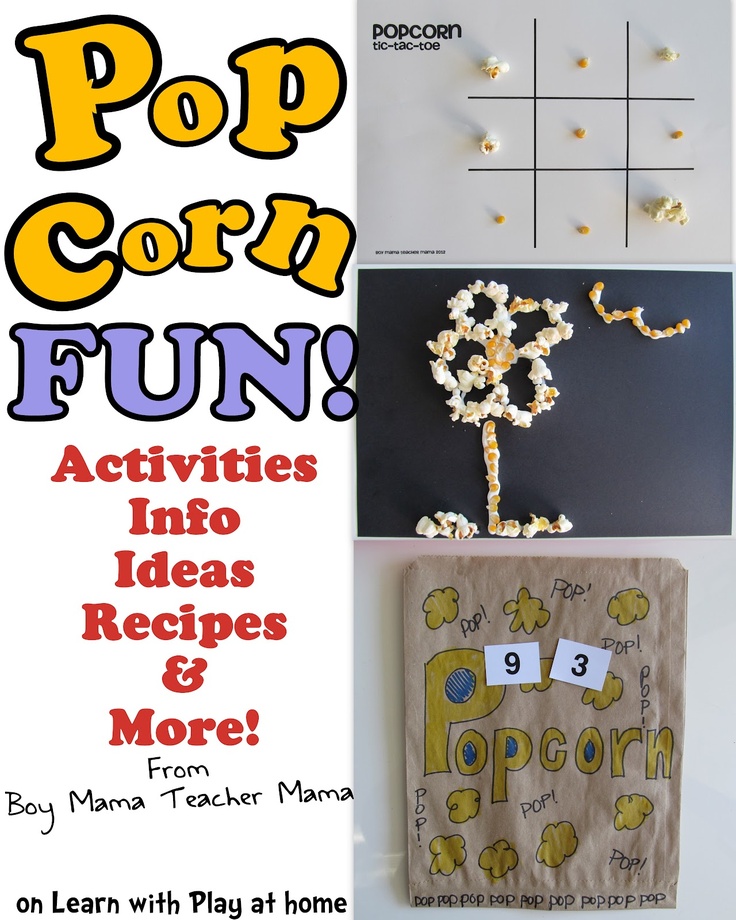 This is summer vacation, a well-deserved rest for a schoolboy. But the reasons for this reluctance are still worth knowing. Perhaps in the yard the guys are building a military base or playing volleyball. Believe me, three hours in the fresh air will strengthen the physical and emotional health of the child. And school can be postponed for those weeks when friends go to grandmothers and camps - or for rainy days. But if the child intended to spend useful time on the Internet, it is worth prioritizing, since the harm from sitting at the computer will be much greater than from books and notebooks.
This is summer vacation, a well-deserved rest for a schoolboy. But the reasons for this reluctance are still worth knowing. Perhaps in the yard the guys are building a military base or playing volleyball. Believe me, three hours in the fresh air will strengthen the physical and emotional health of the child. And school can be postponed for those weeks when friends go to grandmothers and camps - or for rainy days. But if the child intended to spend useful time on the Internet, it is worth prioritizing, since the harm from sitting at the computer will be much greater than from books and notebooks.
Get involved. It's not very interesting to sit alone and do math while mom watches a series. Live interaction will not only make classes more interesting, but will also help to adjust the presentation of the material and the summer plan - after all, mom or dad will be directly involved in the learning process. Another advantage is the opportunity to spend time together for scientific experiments or lessons on the world around us in nature.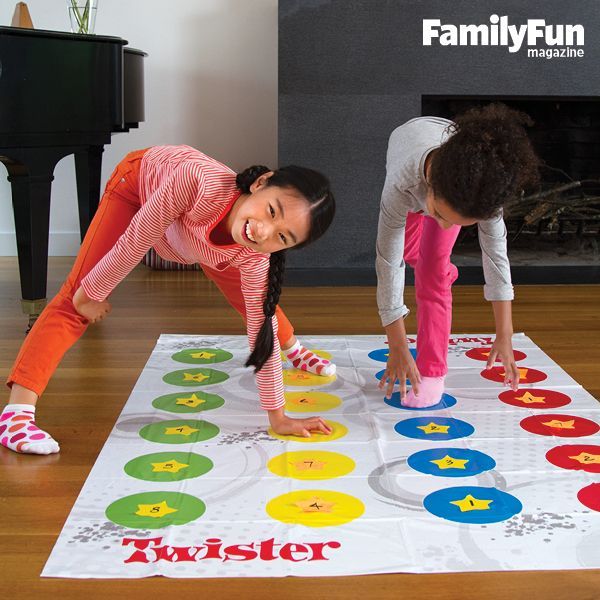 It brings the family together very well.
It brings the family together very well.
Combine rest time and practice time. Let the child have more outdoor games, spending time with friends and favorite hobbies. This is summer, and it should be full of positive emotions. Then study will be perceived as an easy labor part of the holidays.
Do not pass it on to others. If a schoolboy goes to his grandmother in the village for the whole summer, do not force her to supervise the classes. Believe me, she has something to do besides checking her grandson's notebooks. Since there is an urgent need for summer classes, control this process yourself.
Strive for regularity. Let it be half an hour a day - but every day and at the same time. There is no need to talk about the benefits of the regime (especially for younger students).
Whether or not to study with a child during the holidays is a very individual question. Parents should decide, as far as necessary, and write out a lesson plan.